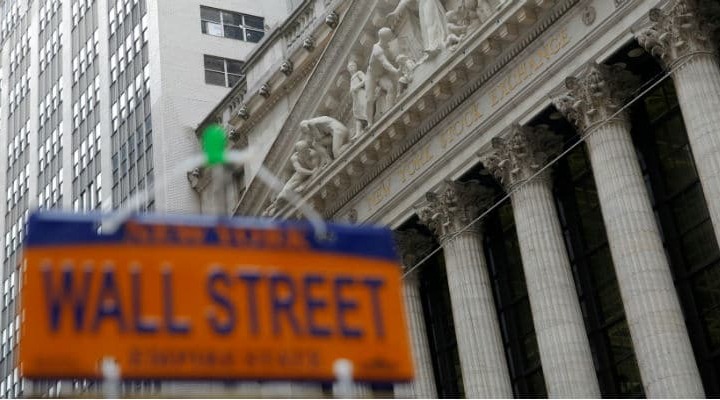The chipmakers sector is among the worst performing sectors. The Philadelphia SE Semiconductor index has plunged by nearly 12% since last Friday as a response to White House administration measures on export control which were stopping Chinese producers from supplying other economies with certain types of accessory components if those parts were produced in any country using U.S. equipment.
New restrictions for all American-rooted companies selling chips and chip-making equipment to China was a rather surprising throwback to the trading wars between the two largest economies in the world.
Restrictive measures were aimed to partially paralyze chip-making abilities of U.S. rivals in the Asian continent, including Beijing’s military ambitions. The export ban does harm U.S. companies and the “made in America” brand which is now an official motto of the Democratic Party before midterm elections scheduled on November 8.
Many representatives of the industry including NVIDIA giant, a U.S. multinational technology company Qualcomm, Advanced Micro Devices and smaller Nasdaq-traded companies like Lam Research Corp and Coherent Inc suffered after the next couple of days after the chip restriction news. Most sector stocks sank below their lows.
Broad market concerns are beginning to grow ahead of the start of the earnings season amid Refinitiv data that estimates that third quarter results may rise 4.1% only on average compared to an increase of more than 11% which was expected by Wall Street's analyst pool at the beginning of July. At the same time, the effects of inflation and economic slowdown will not fully be represented in corporate financial results, but it is unclear whether this is good or bad thing, as the market may be betting on a bigger decline in the near future even if the current Q3 results are not generally affected by a recession.
One of the pioneer companies in biotechnology, Amgen, with its more than $130 billion of caps, kept nearly 6% of its initially 10% gains. Morgan Stanley analysts upgraded shares of Amgen to Overweight ratings, raising the price target from $257 to $279 per share.
Raising the rating position for Amgen, which is one of the 30 components on the Dow Jones Industrial Average blue chip index, helped some other stocks to bounce. Yet, it would be more correct to keep in mind that most investors do not see a reason for any additional unloading of their portfolio in the direct vicinity of the year’s lows, as they may prefer to sell upticks, in which the crowd still has hopes.
Esperio analysts believe that any noticeable negative news related to the release of consumer inflation, or some other reason, may prompt several more days of free fall for the variety of stocks even with a large discount, just like the turn of events a few days ago when unexpected U.S. labour statistics were released and gave more room for the Federal Reserve's (Fed) persistent hawkishness.
By the way, the latest remarks from the Bank of Cleveland head, Loretta Mester, joined the spirit of remarks from other voting Fed members, as she mentioned the need for monetary policy to become “more restrictive” in order to “put inflation on a sustainable downward path" to the regulator's favourite target below 2%. FedWatch tools showed that nearly 92% of traders expect another interest rate hike by 0.75% now, which would be the fourth time in a row that this jumbo move has been enforced and would still be considered as an undermining factor for demand and corporate results.
Alex Boltyan, senior analyst of Esperio company











